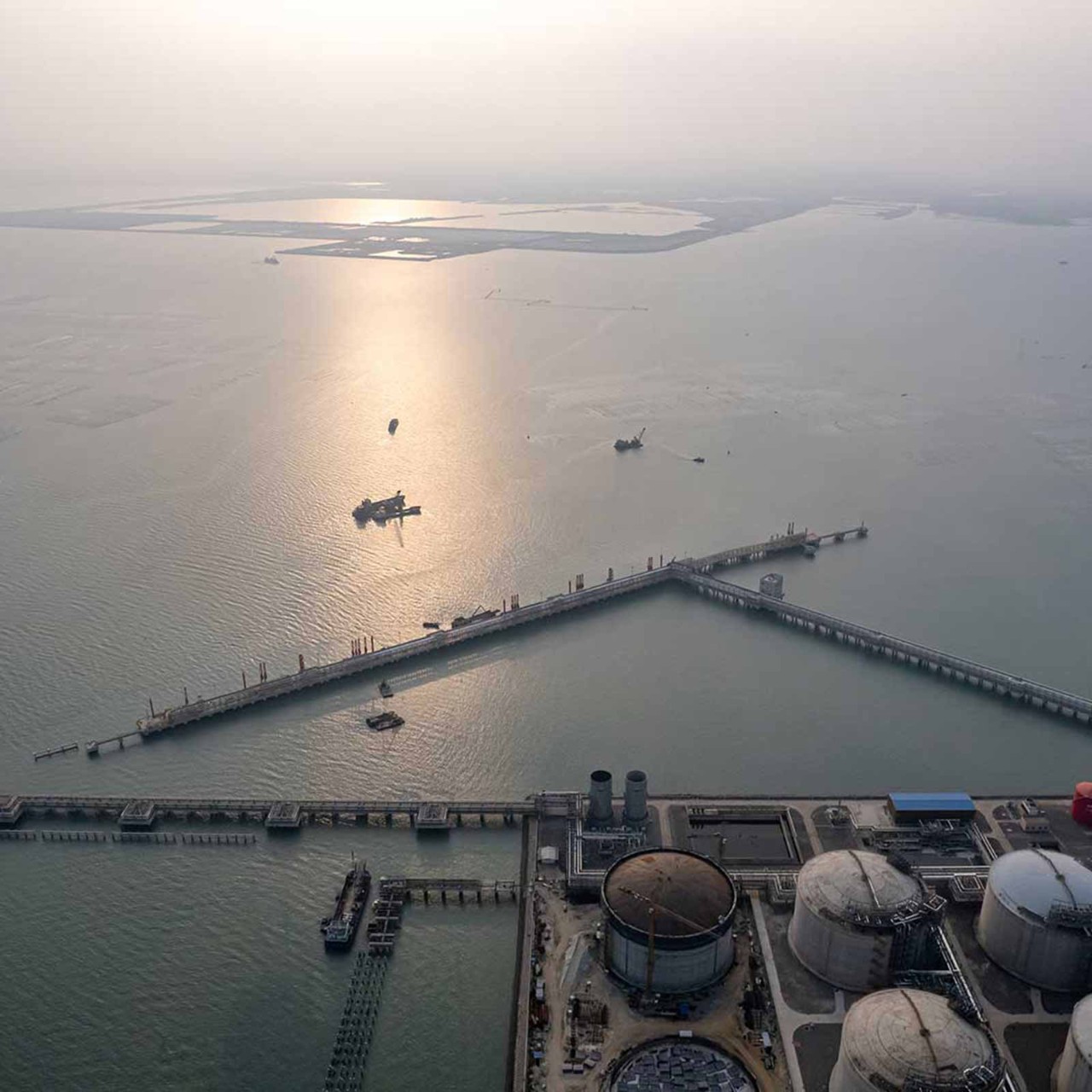
In February 2023, the Financial Action Task Force (FATF) added Africa’s two largest economies, Nigeria and South Africa, to its ‘grey list’ of jurisdictions under increased monitoring.
In Nigeria, the announcement of the grey listing by the global intergovernmental body for anti-money laundering and combating the financing of terrorism (AML/CFT) had only a muted impact. Investors, it seemed, had already priced the grey listing in before it was announced. In South Africa, the rand fell to a three-month low and the Johannesburg Stock Exchange dropped three percentage points – although the fact that it was no worse could also be considered a muted impact given the dire prior predictions of many observers (for more on South Africa’s response, see ‘South Africa tightens its AML regime‘.
The twilight zone
A place on the grey list is undesirable, as companies, especially financial institutions, in grey-listed jurisdictions encounter enhanced due diligence by counterparties, making it more difficult to obtain financing for projects and investments. Some financiers and investors avoid grey-listed jurisdictions entirely.
The diminution of opportunities, especially financing opportunities, is even more significant given the severe financial squeeze sub-Saharan Africa has experienced in the past eight or so quarters. Because of ratings downgrades, a steep rise in sovereign yields and the resulting wide sovereign spreads, Nigeria has not been able to access the eurobond markets for some time. South Africa continues to access the market but at inevitably higher yields.
According to the International Monetary Fund, increasing geopolitical fragmentation and China’s move to a more prudent lending policy have negatively impacted aid flows and contributed to the financial squeeze. The grey listing could not therefore have come at a worse time, which is why both Nigeria and South Africa worked so hard to avoid it.
Exit route
FATF noted that Nigeria had addressed 69 of its 84 recommendations but added that more needed to be done on the remaining 15. A good proportion of these centre on improving AML/CFT supervision, not only in financial institutions but also in businesses that may be a conduit for laundering proceeds from illicit activities, such as real-estate agencies, law firms, accountants and tax advisers, and car dealers.
Nigeria has set an ambitious target of an early exit from the grey list by 2023–24. A coordinating committee of several governmental agencies has been set up, and urgent efforts are being made to address the remaining FATF recommendations. The country has also notified the FATF regional body of its intention to apply for rerating on 11 of the 15 outstanding recommendations.

Accounting professionals must not allow their firms – even unknowingly – to be associated with money laundering
Accountants and their firms, auditors and tax advisers have a clear role to play. Accounting professionals must know the laws and regulations around AML/CFT and comply with them. They must not allow themselves or their firms to be knowingly or unknowingly associated with money laundering and the financing of terrorist activities.
In the coming months, as FATF continues to review the AML/CFT environment in Africa’s largest economies, it is everyone’s hope that they will be removed from the grey list earlier than FATF’s guideline date of 2025. Africa’s two largest economies are major destinations for a great deal of much needed foreign capital, and the continent cannot afford for them to be no-go areas for an extended period.
More information
Read the AB article ‘South Africa tightens AML regime’





